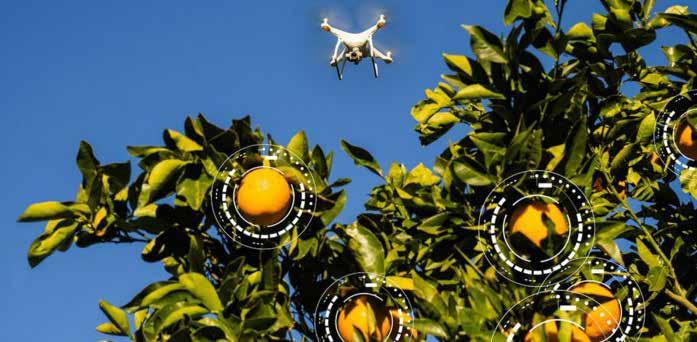INNOVATION
ZIMBABWEAN RESEARCHER LAUNCHES BANTU LANGUAGE SPELLCHECKER, ANDROID KEYBOARD US-based Zimbabwean computer scientist and researcher Sabelo Mhlambi in January launched a free AI-powered multilingual spellchecker and Android keyboard supporting six Bantu languages used by about 150 million people in Southern Africa.
T
he spellchecker, which can be accessed here supports ChiShona, IsiNdebele (Northern), IsiSwati, IsiXhosa, IsiZulu and Kiswahili. This while the Bhala - Africa Keyboard currently supports word auto-complete and spellcheck in the same languages. Mhlambi said in a Twitter thread announcing the launch of the tools that he’s working on adding three more languages, namely Sepedi, Setswana and Sotho. “So why? In 2021 there still aren’t spellcheckers online or other online writing tools for Africa’s major languages let alone free dictionaries and thesauri and the major AI keyboards by google & Microsoft are really bad in their support for African languages. The right to one’s culture,
language, customs is a fundamental human right. The benefits of AI technology must be made available to Africans online & offline in ways that preserve African languages and cultures. The Bhala online spellchecker + offline keyboard is such an
attempt.” he explained. Mhlambi pointed out that this is the first time a Zulu spellchecker has been made available online. He further explained that the Bhala spellchecker outperforms the one launched in 2016 by the University of Cape Town which was developed by then UCT Computer Science Honours student Balone Daba with assistance from Norman Pilusa, Dr Langa Khumalo, Prof. Hussein Suleman and Dr Maria Keet (read more about that project here, as the UCT version uses three letter char grams. “It also outperforms the one by UKZN, and unlike NWT University bhala’s are free to all,” said Mhlambi. Mhlambi is a fellow at Harvard’s Berkman Klein Centre for Internet and Society and a Technology and Human Rights Fellow Carr Centre for Human Rights Policy. He focuses on the ethical implications of technology in the developing world, particularly in Sub-Saharan Africa, along with the creation of tools to make Artificial Intelligence more accessible and inclusive to underrepresented communities. ai
1ST QUARTER 2021 | SYNAPSE
43





























